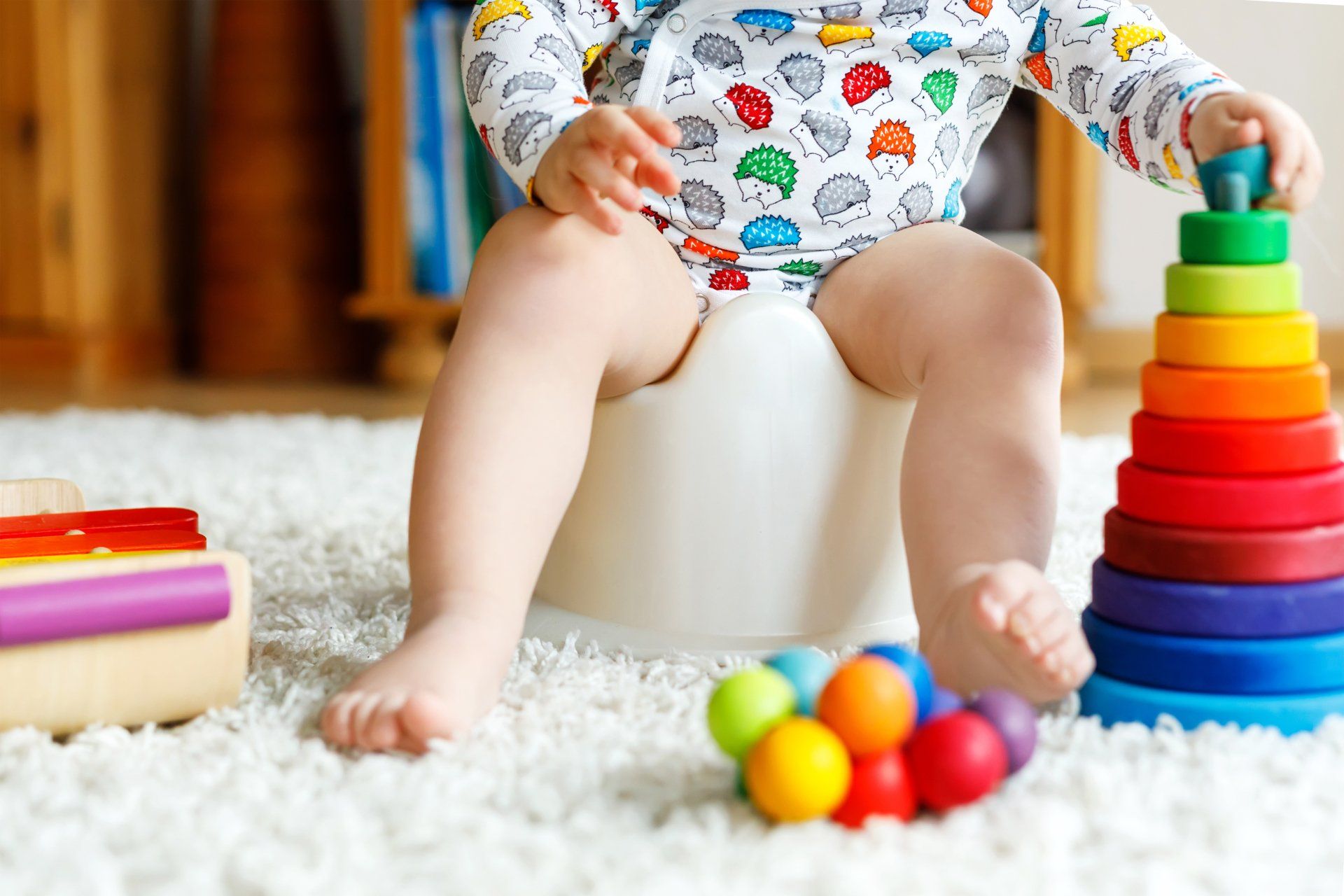Do we still need to teach our children manners?
Civilised and primitive societies have always insisted on certain standards, such as having respect for elders, greeting people respectfully and saying please and thank you appropriately. Eating habits are also defined by the cultural norms of the community. Many cultures begin to inculcate these standards in their children from a very young age, but in this on-line, texting and less verbally communicative society, are these societal norms dying out? Do we still need to teach our children manners?
I would say a definite YES! This is hard for parents when their children watch barbaric and seemingly acceptable behaviour on their screens and even Disney shows films of bratty children getting their own way and virtually ruling their parents. I visited a classroom recently where written large on the wall was, “The only rule in this class is that we respect each other” This sums up what we should be to each other in order to live in harmony, and societal harmony is what we desperately need in South Africa.
If we can inculcate respectful behaviour for all others by modelling it to children from their babyhood, the polite norms of different societies are easily learned. In canvassing my colleagues of different cultures, it is clear that everyone expected their children to learn how to say ‘please’ and ‘thank you’ appropriately and to eat acceptably. Whether the child says ‘thank you’ or claps her hands in thanks is immaterial. In our multi-cultural society it would be good for children to learn how this can be done differently so they can show the necessary respect for others. After all, if we visit other countries on business, we learn beforehand how to behave in order to avoid giving offence, why do we not accord our own countrymen the same respect?
Children making eye contact with adults is frowned on by some African cultures but considered polite in euro-centric communities. Let’s explain this to our children so they understand how to behave. Spending so much time on digital devices is accustoming children to looking down all the time, but they are missing the social clues of facial expression and body language that grease the wheels of smooth communication. Many enlightened schools are teaching this emotional literacy to their pupils and this will help them to understand themselves and others better.
Being polite to others is something we as parents have to teach, model and remind until the child achieves automaticity. It may seem a chore but like other skills it will smooth your child’s social interaction with teachers, peers and others. We all know that when our child brings home an impossibly rude and difficult child for a play date, we are unlikely to extend a second invitation. This is not the child’s fault but that of his parents and that child will soon find himself unwelcome in most homes. Do you want this to happen to your child?
‘Don’t do as I do, do as I say.’ This does not work with children. You cannot expect good manners from your child and at the same time be rude to waiters, yell at your spouse and swear at taxi drivers! As I said before, you have to consistently model the behaviour you want your child to learn and if they do see unacceptable behaviour in others, talk about how it made them and the recipient feel. They need to learn that rudeness is hurtful and unnecessary, unattractive and immature. This doesn’t mean that they need to be doormats, being politely assertive is also a skill worth learning.
Do your children a favour and teach them good manners and respect, they will thank you for it later.












